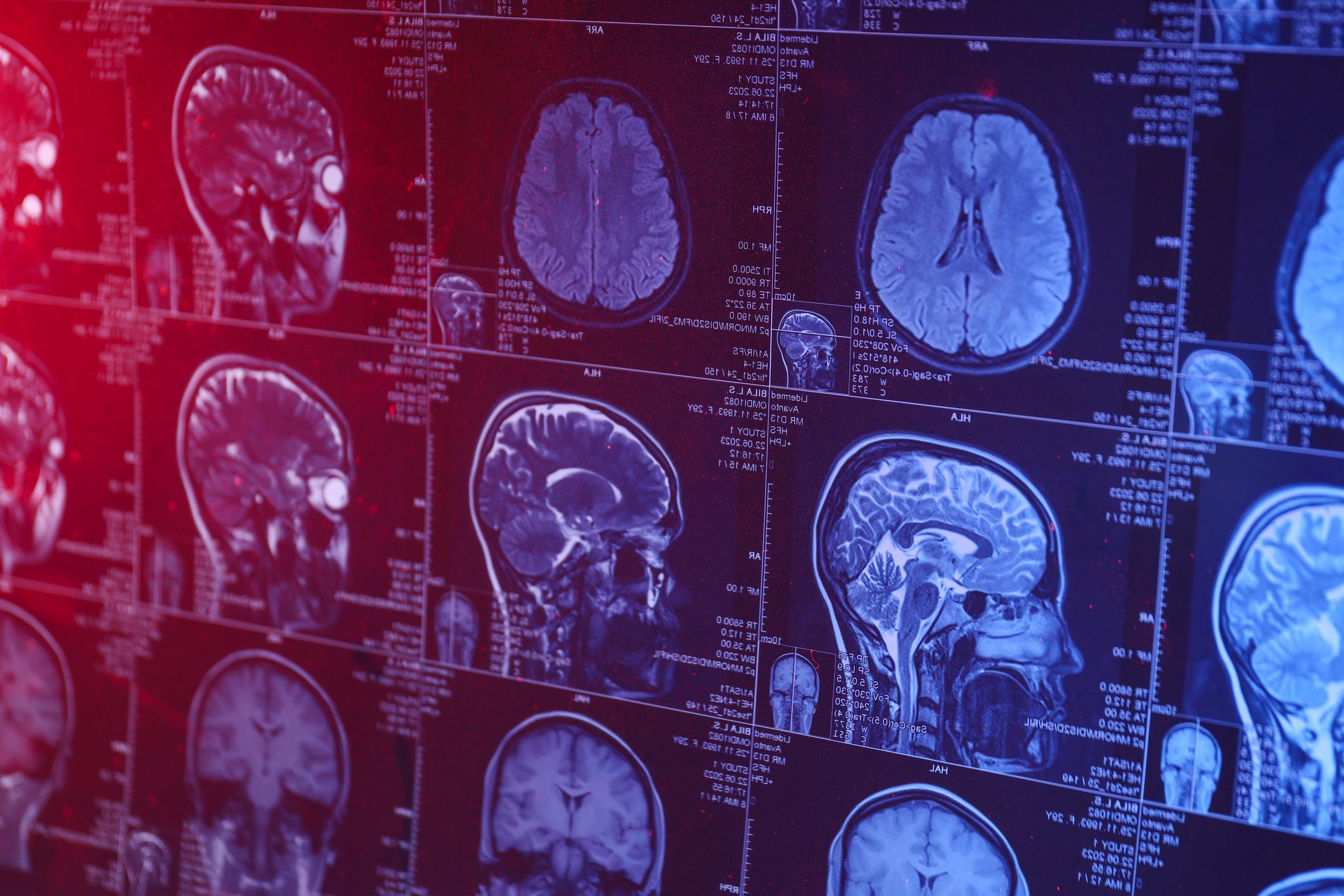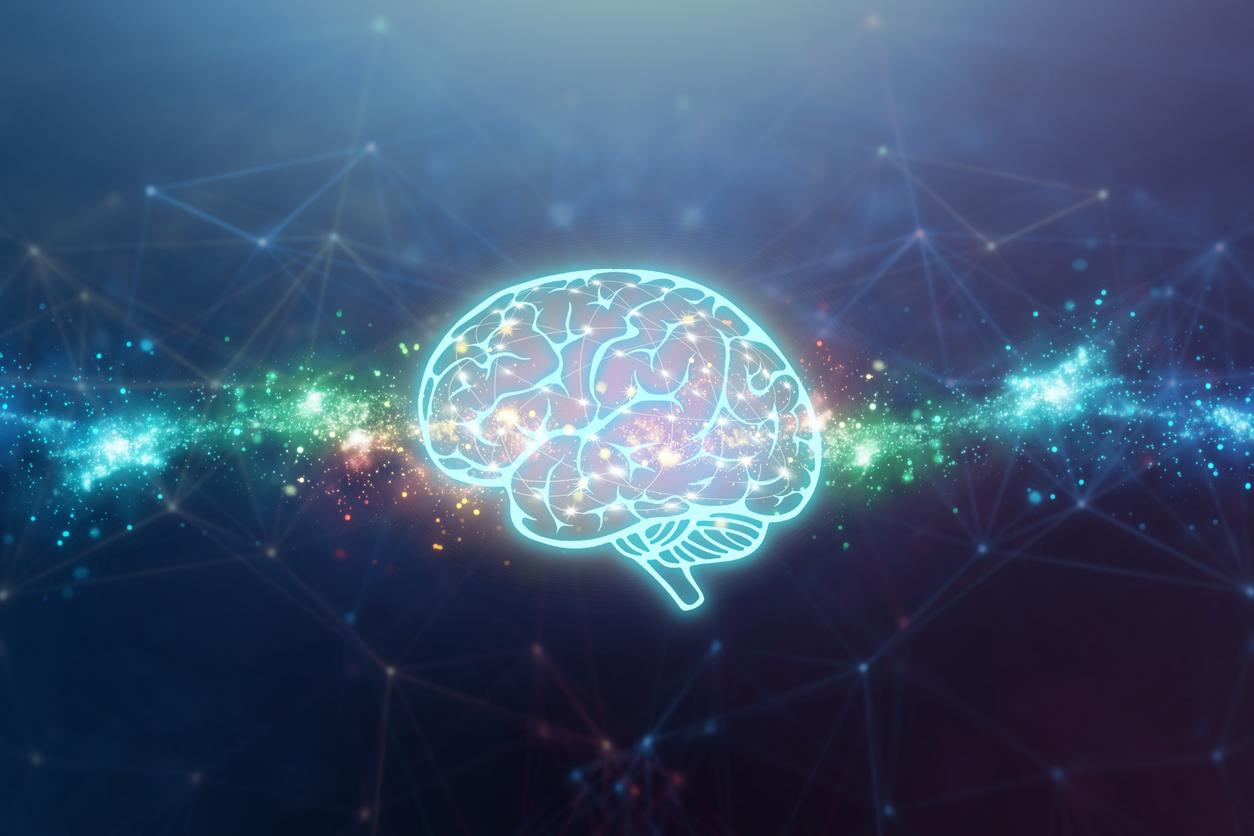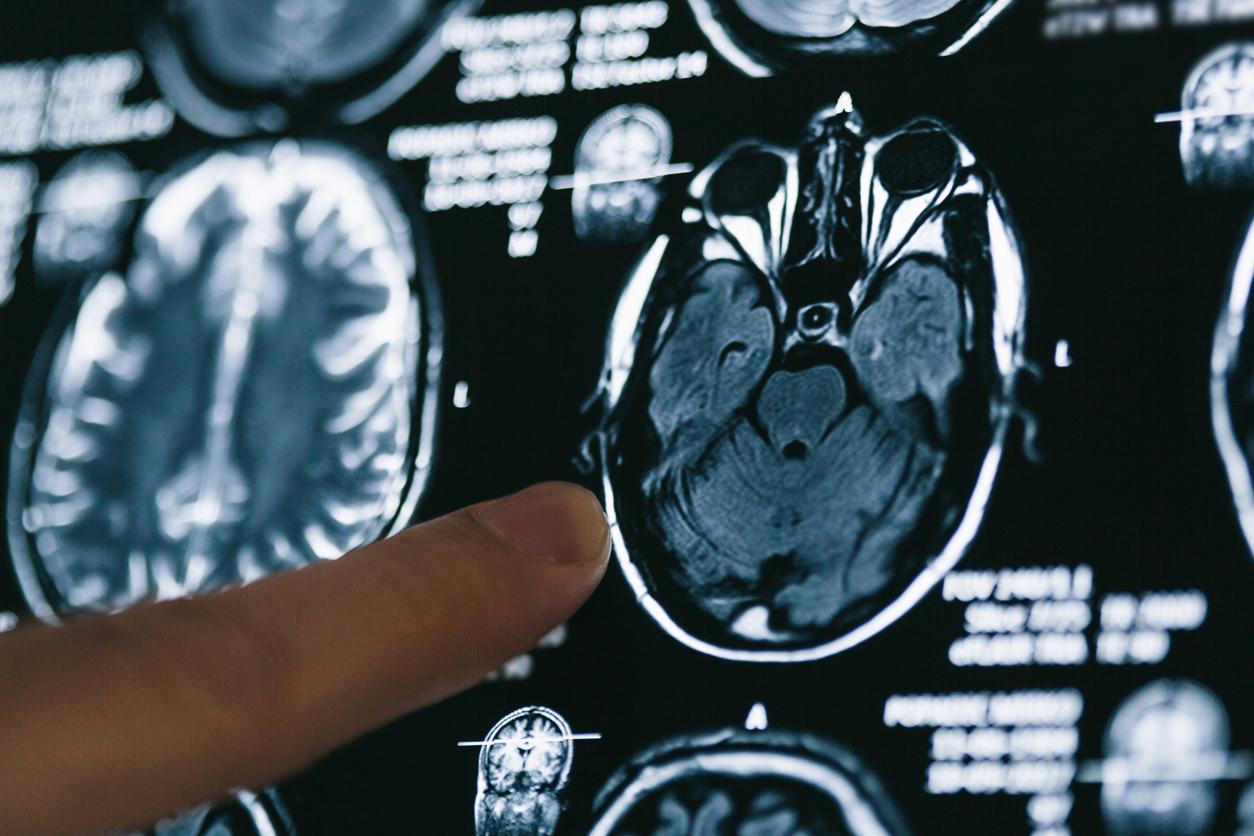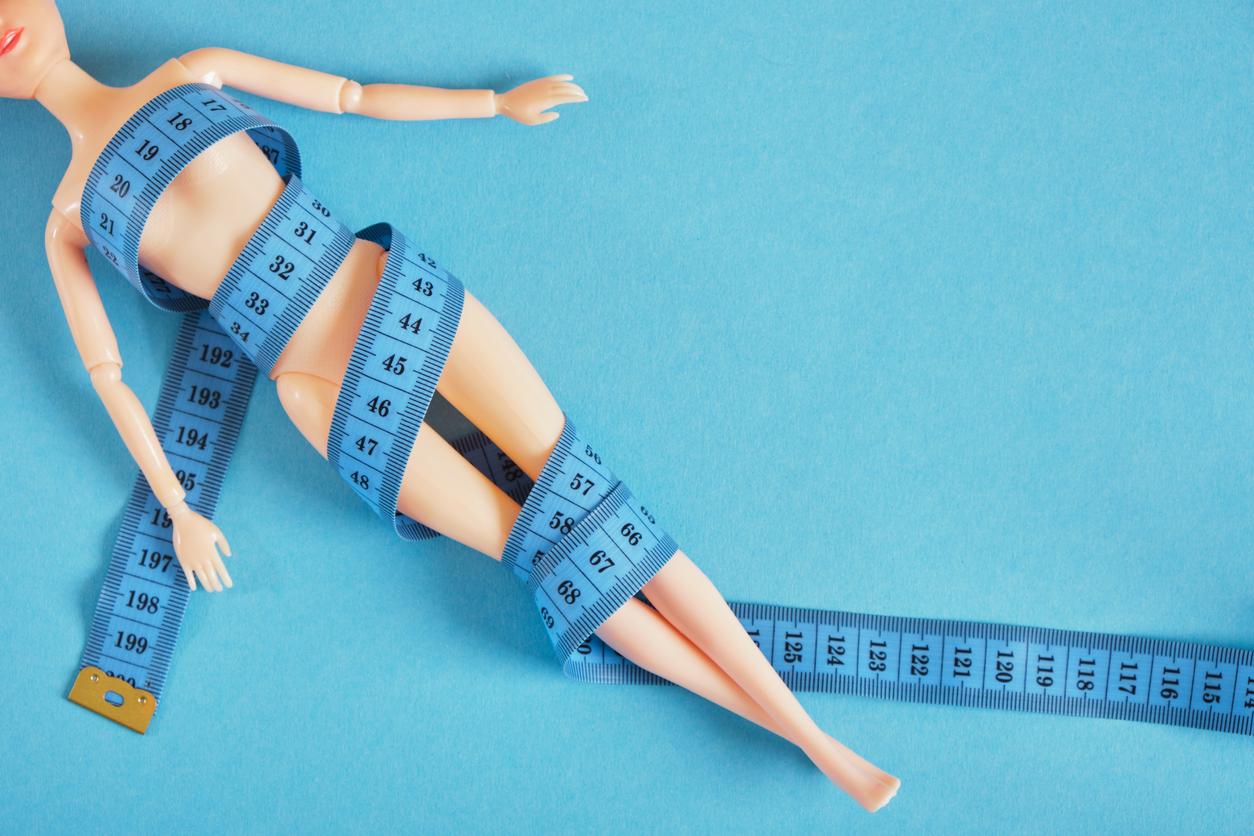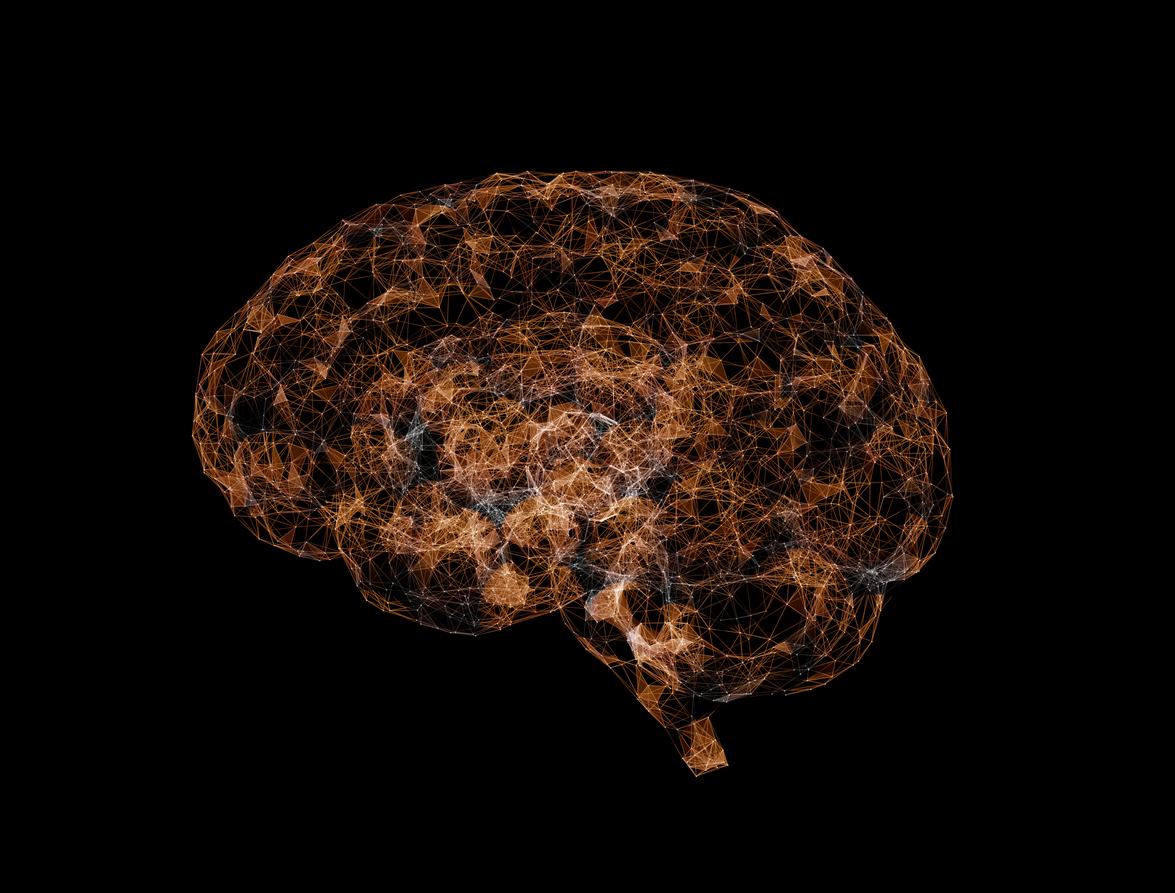A Japanese study claims that if a return trip seems shorter than the outward journey, it is because the brain revisits the trip afterwards.

When browsing travel forums, it is common to come across this question: why does the return trip seem shorter than the outward journey? If Air France specialists had tried to answer this question by pointing out the importance of the force of the wind for air transport, a Japanese study published in the journal Plos One asserts that this perception is due to the brain of individuals. The latter revisits and reproduces the trip after the fact, a problem of time memory therefore. This perception is not felt during the trip itself, but later, when the brain thinks about the trip. Memory is playing tricks on us.
An impression felt afterwards
To understand this phenomenon, Prof. Ryosuke Ozawa and a team of scientists from the University of Osaka (Japan) decided to study around twenty people aged 20 to 30. The latter must have watched several short films depicting the journey of a walker on which a small camera had been installed. These people were alone when they viewed these images, which lasted approximately 26 minutes.
The two groups were formed: the first was to watch a video of a round trip made on the same road, while the second was to watch a round trip on two different paths.
During the experiment, individuals who were deprived of a watch were asked to say when they thought three minutes had passed. Scientists also studied their cardiac activity (electrocardiogram) to see if this exercise could influence the way things are perceived. The study shows that the perception of time does not differ from one panel to another. “The two groups did not seem to feel time differently at the time of the experience, on the other hand, it is when you think about it that the effects are felt”, explains Professor Ozawa in an interview with the newspaper. Los Angeles Times.
Indeed, it is by analyzing the questionnaires distributed at the end of the viewing that the scientists noted this difference in perception of time. In retrospect, the participants found the return journey much faster than the outward journey. We see that this phenomenon is not felt in real time, but by thinking back to his journey. “It is not a question of measuring time in itself, but rather of judging time spent, based on our memory”, confirms Professor Ozawa.
The perception of time in question
According to the study, this feeling is in fact due to the optimism of travelers before a trip, which, in the end, turns out to be longer than expected. When the return trip looms, the brain is convinced that the trip, of course, will be long, but that it will pass much faster than the outward journey. To complete this research, Professor Ozawa wishes to explore certain points in greater depth, and in particular the effects on the brain when we return to the same point, but with a different route.
.







